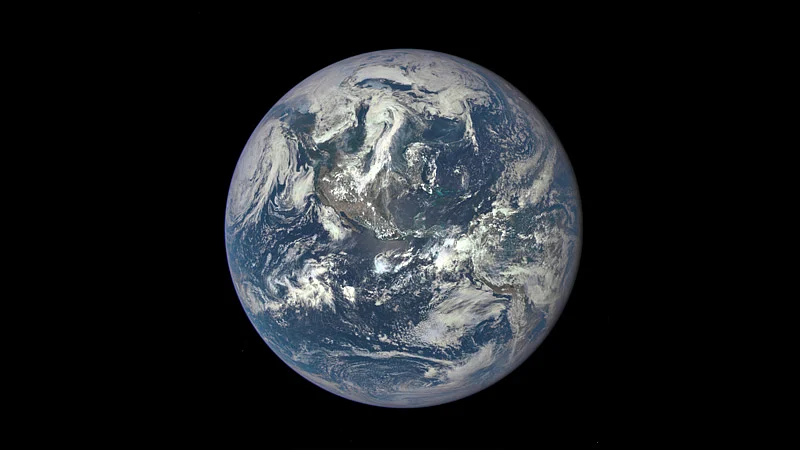NASA Rubbishes Threats of Asteroid Hitting Earth in September 2015
Internet is abuzz with asteroid hitting the Earth and damaging areas near Puerto Rico.

advertisement
Numerous recent blogs and web postings are erroneously claiming that an asteroid will impact Earth sometime between September 15 and 28, NASA has said.
On one of those dates, as rumours go, there will be an impact - “evidently” near Puerto Rico - causing wanton destruction to the Atlantic and Gulf coasts of the US and Mexico, as well as Central and South America.
There is no scientific basis - not one shred of evidence - that an asteroid or any other celestial object will impact Earth on those dates.
— Paul Chodas, Manager, NASA’s Near-Earth Object office at Jet Propulsion Laboratory in Pasadena, California
In fact, according to NASA’s Near-Earth Object Observations Programme, there have been no asteroids or comets observed that would impact Earth anytime in the foreseeable future.
All known Potentially Hazardous Asteroids have less than a 0.01 per cent chance of impacting Earth in the next 100 years.
— NASA
Chodas also mentioned that if there was any object in the space that was large enough o cause destruction to Earth, his organisation would have known by now.
The Near-Earth Object office at JPL is a key group involved with the international collaboration of astronomers and scientists who keep watch on asteroids and predict their path.
Rumours on the World Wide Web
Pointing out unsubstantiated claims that are spread through the internet, Chodas said that this isn’t the first time and will not be the last time either.
In 2011 there were rumours about the so-called “doomsday” comet Elenin, which never posed any danger of harming Earth and broke up into a stream of small debris out in space.
Internet assertions surrounding the end of the Mayan calendar on December 21, 2012, insisting the world would end with a large asteroid impact.
And just this year, asteroids 2004 BL86 and 2014 YB35 were said to be on dangerous near-Earth trajectories, but their flybys of our planet in January and March went without incident.